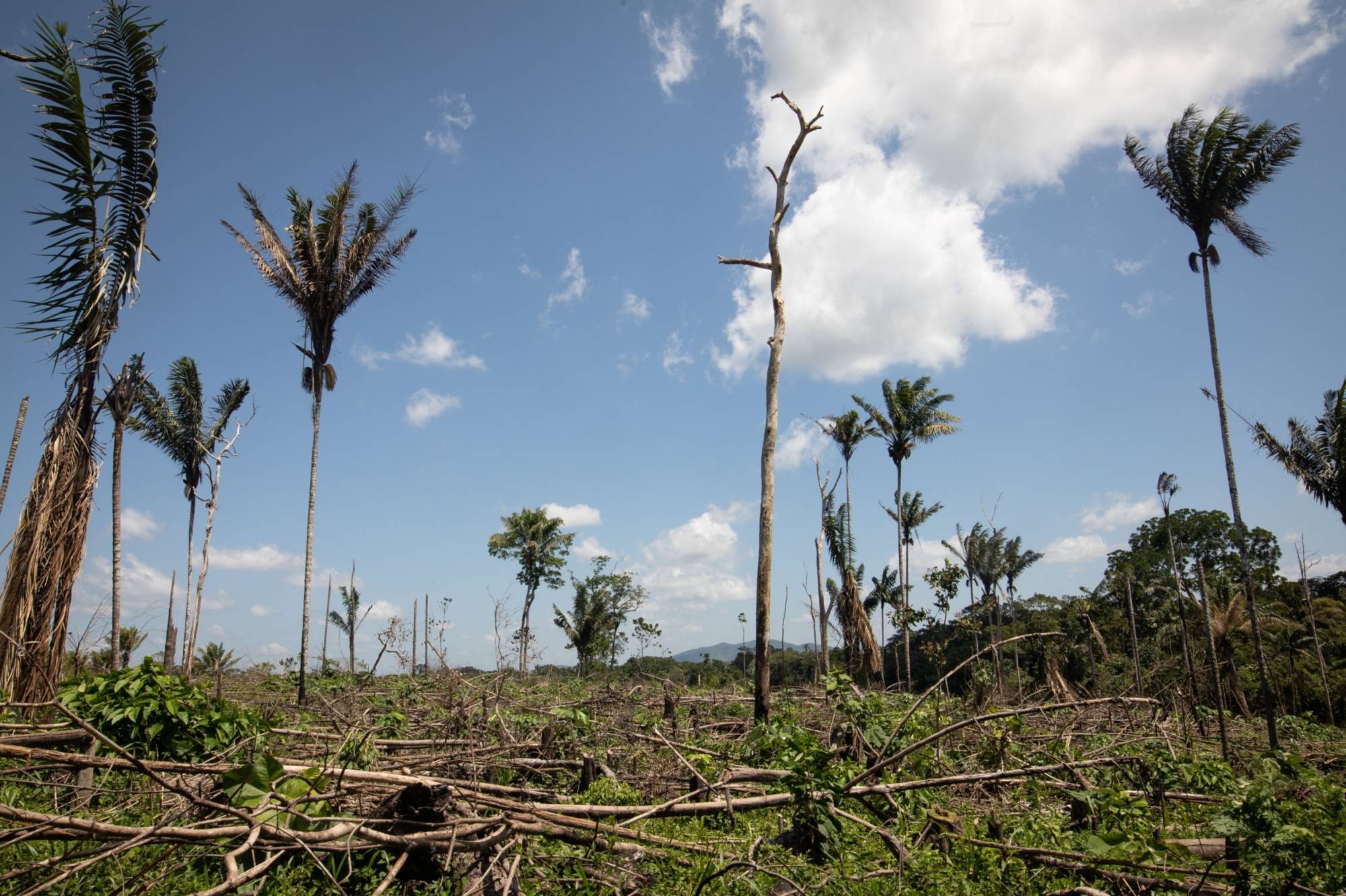It would likely cost more than $130 billion a year to end deforestation by the end of this decade, according to a report from a group of financiers, energy industry executives and academics.
The Energy Transitions Commission, which counts senior BP and BlackRock employees among its members, said the analysis is a first-of-its-kind estimate of how much funds would be needed "to overcome the economic incentive to cut down trees.” The forecast is based on an analysis of the volume of grants or other forms of so-called concessional finance that would be needed to pay landowners not to deforest.
Financing forest preservation requires a different approach to investing in the decarbonization of heavy industry or energy systems, according to Adair Turner, the former City of London finance regulator who now chairs the ETC. Instead of the regular debt and equity financings that are used to electrify the power grid or develop new green steel plants, avoiding deforestation requires "a different category of financial flow,” namely "paying somebody not to do something” without expecting a direct rate of return, he said in an interview.


















With your current subscription plan you can comment on stories. However, before writing your first comment, please create a display name in the Profile section of your subscriber account page.